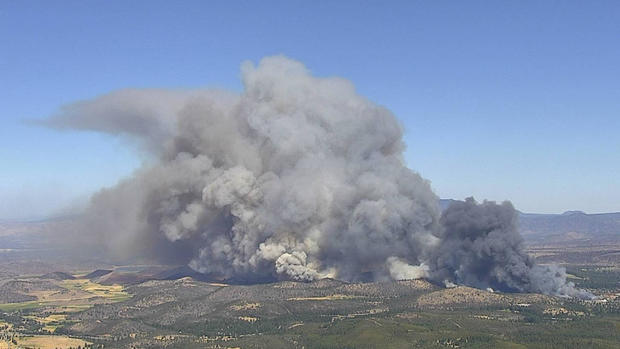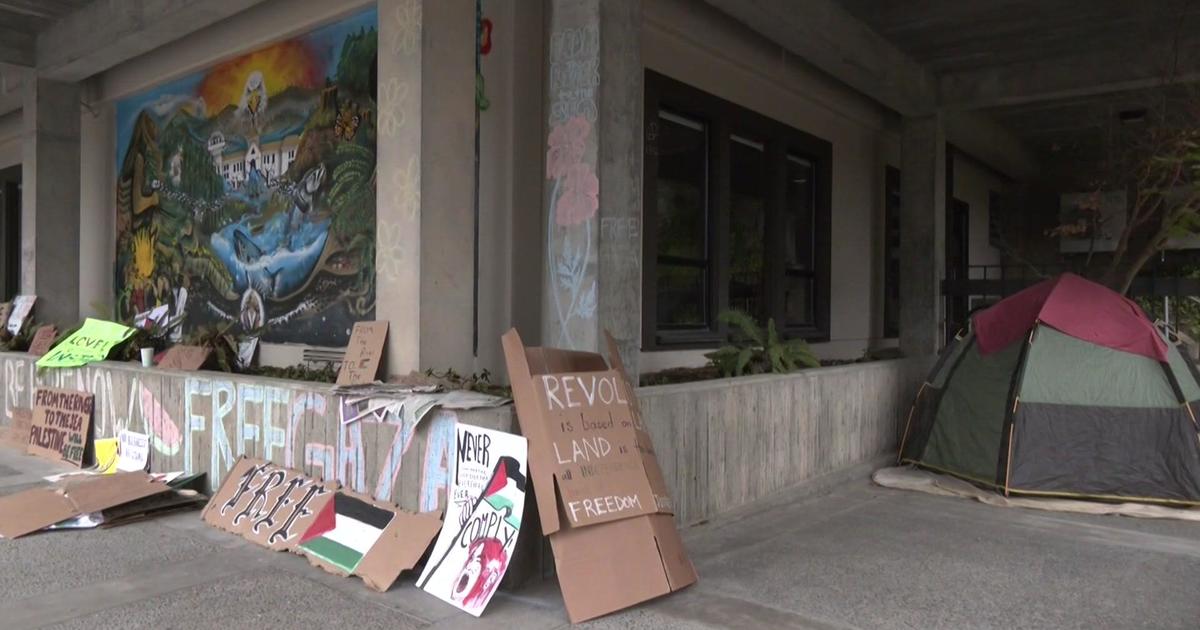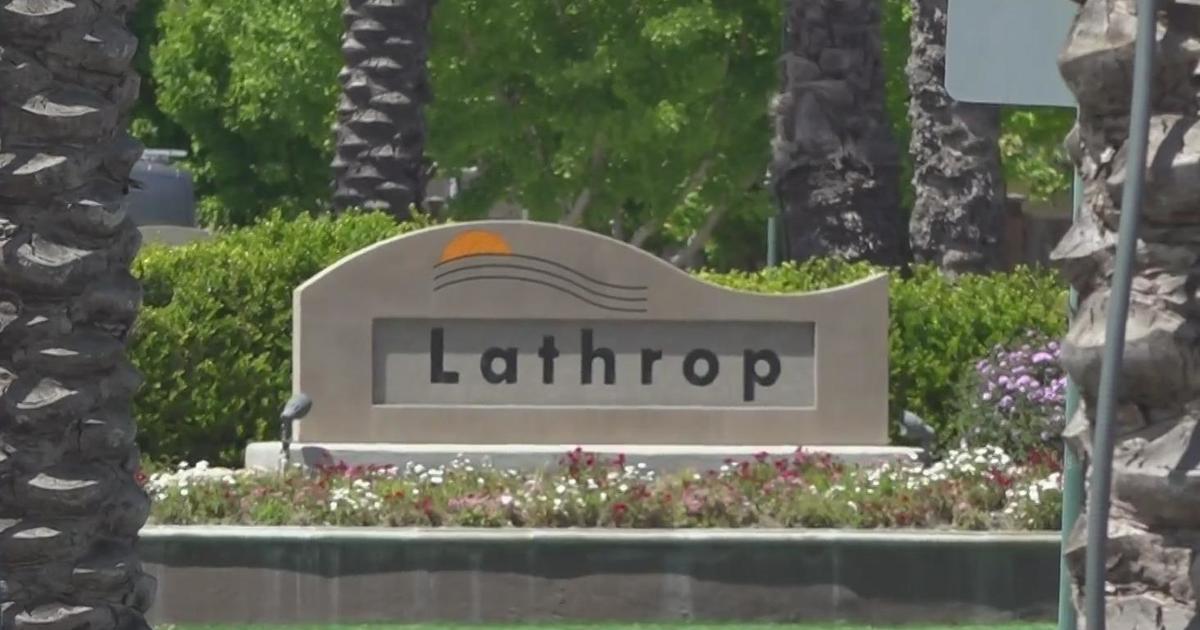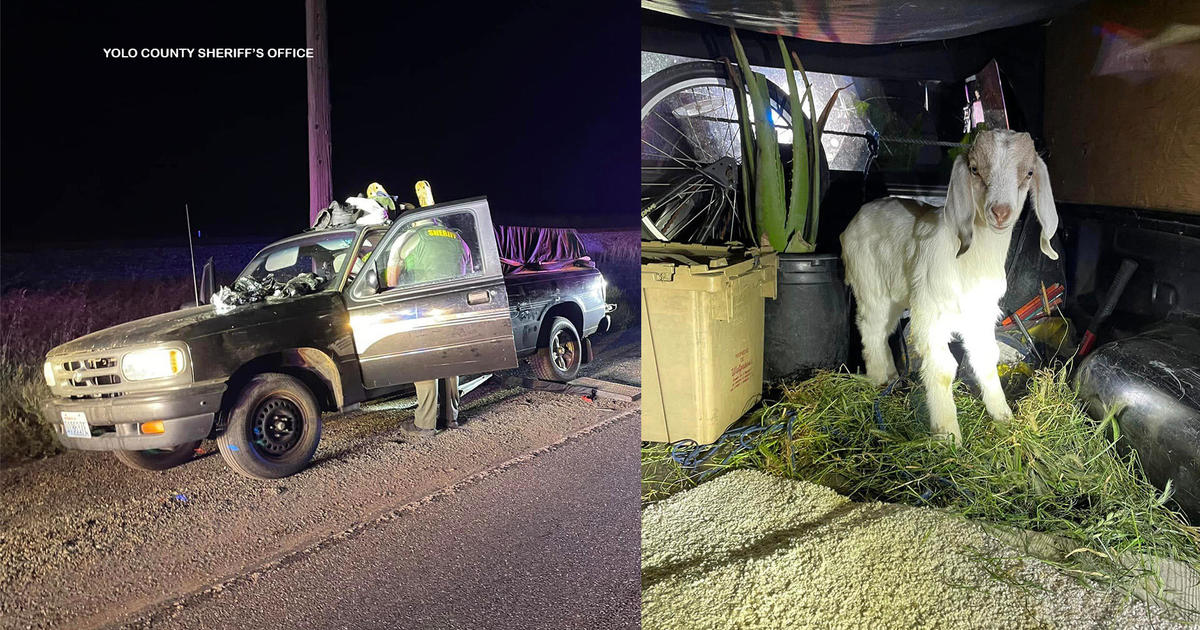2 people have died in the rapidly growing Mill Fire, 25% contained, 4,254 acres burned
SISKIYOU COUNTY -- Two people have died in the rapidly growing Mill Fire, according to Siskiyou County Sheriff Jeremiah LaRue.
A large, fast-moving wildfire burning near the town of Weed in Siskiyou County has burned 4,254 acres. It is 25 percent contained as of Saturday morning.
There are two vetted funds supporting recovery efforts:
- Community Foundation of the North State's Wildlife Recovery Fund
- United Way of Northern California's 2022 Wildlife Recovery and Disaster Fund
The so-called Mill Fire was first reported shortly before 1 p.m. Friday and quickly exploded to 2,581 acres, according to reports on social media.
The Zonehaven website shows a large area of Siskiyou County east of I-5 under evacuation orders. The communities of Weed, Lake Shastina and Edgewood are all impacted.
A large animal/livestock evacuation site has been established at 250 Sharps Road in Yreka.
Highway 97 remains closed from the junction of Highway 265 in Weed to about 6 miles south of Macdoel.
There are reports that structures have been lost, but no word on how many at this time.
Meanwhile, Attorney General Rob Bonta has issued a warning that price gouging is illegal during a state of emergency.
"Going into Labor Day weekend, Californians are bracing for brutal temperatures and increased fire risk," he said in a press release.
"Already in Siskiyou County, we're seeing a fast-moving fire destroy homes and force evacuations. It is unacceptable to take advantage of any Californian during these times of crisis.
"With the Governor's recent declaration of a state of emergency in Siskiyou County, I want to be crystal clear: Price gouging is illegal. If you see businesses raising the prices of essential supplies, please immediately report it to my office or to local authorities."
California law generally prohibits charging a price that exceeds, by more than 10%, the price of an item before a state or local declaration of emergency. For any item a seller only began selling after an emergency declaration, the law generally prohibits charging a price that exceeds the seller's cost of the item by more than 50%.
This law applies to those who sell food, emergency supplies, medical supplies, building materials, and gasoline. The law also applies to repair or reconstruction services, emergency cleanup services, certain transportation services, freight and storage services, hotel accommodations, and rental housing. Exceptions to this prohibition exist if, for example, the price of labor, goods, or materials has increased for the business.





